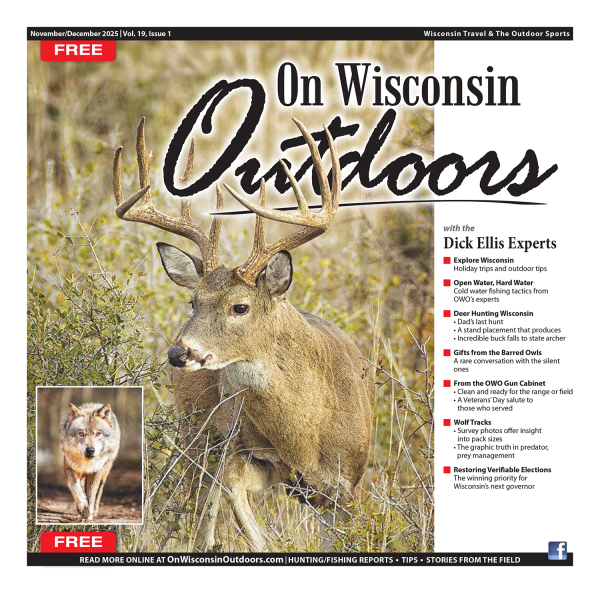DNR Secretary Cathy Stepp statement on lawsuit to re-list Western Great Lakes wolves
Feb. 12, 2013
MADISON -- Department of Natural Resources Secretary Cathy Stepp issued the following statement on Tuesday’s filing of a lawsuit against the U.S. Fish and Wildlife Service by The Humane Society of the United States and other groups, to restore federal protections for gray wolves in the western Great Lakes region:
When federally delisted in January 2012, Wisconsin’s wolf population had recovered and grown to eight times delisting goals thanks to the dedication of partners, hunters, trappers, volunteers, agencies and research institutions. We are successfully out of wolf recovery mode and into wolf management mode. With this transition came the transfer of management authority from the federal government to the states. This authority enables us to manage wolves for Wisconsin’s needs, fostering a healthy wolf population while seeking social balance as wolf depredations continue to rise.
However, the Humane Society of the United States (HSUS) has filed a lawsuit that aims to return the wolf to the Federal Endangered Species List, stripping the Great Lakes states of their authority to manage wolves. This has the potential to halt wolf hunting in Wisconsin and leave the state powerless to effectively address livestock depredations, and would end the state’s ability to actively manage our wolf population.
In 2012, in accordance with the state’s management plan, we successfully assisted landowners and farmers to address chronic wolf depredation problems, and held our first closely regulated harvest. As the manager, the state is committed to fostering a healthy wolf population while also maintaining social tolerance. We believe it is not in the best interest of the state’s citizens nor the wolves to relist a recovered species under the Endangered Species Act.
We intend to continue managing wolves in ways that work for Wisconsin, socially and biologically. But to do so, management authority needs to remain in the hands of the state. We must maintain the authority to employ tools, like a wolf hunt, when populations and depredations peak as they have this year. Increased conflicts with domestic livestock and pets benefit neither humans nor wolves.
The wolf has a place on our landscape, as do other predator and prey species. Our intent is to manage the wolf, now that it has recovered, as we do other species – informed by science and in balance with social needs. Relisting the wolf under the Endangered Species Act is neither informed by science nor in balance with Wisconsin’s needs. It is not in the best interest of the state’s citizens nor the wolves to pursue relisting and removing management authority from the hands of the state.
For more information on wolves in Wisconsin, visit dnr.wi.gov and search keywords “wolf management.”






